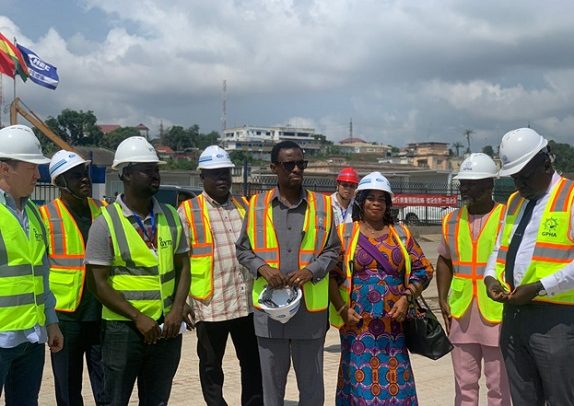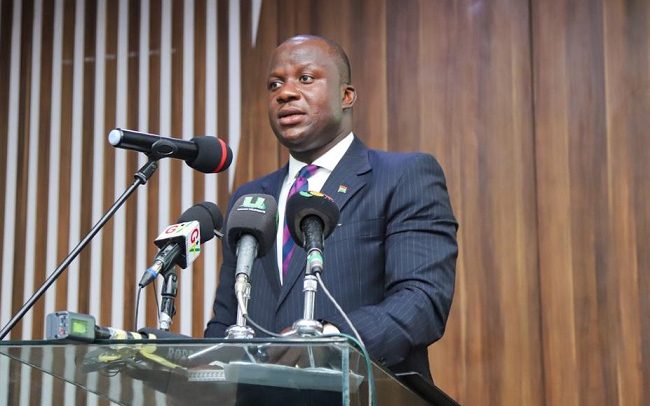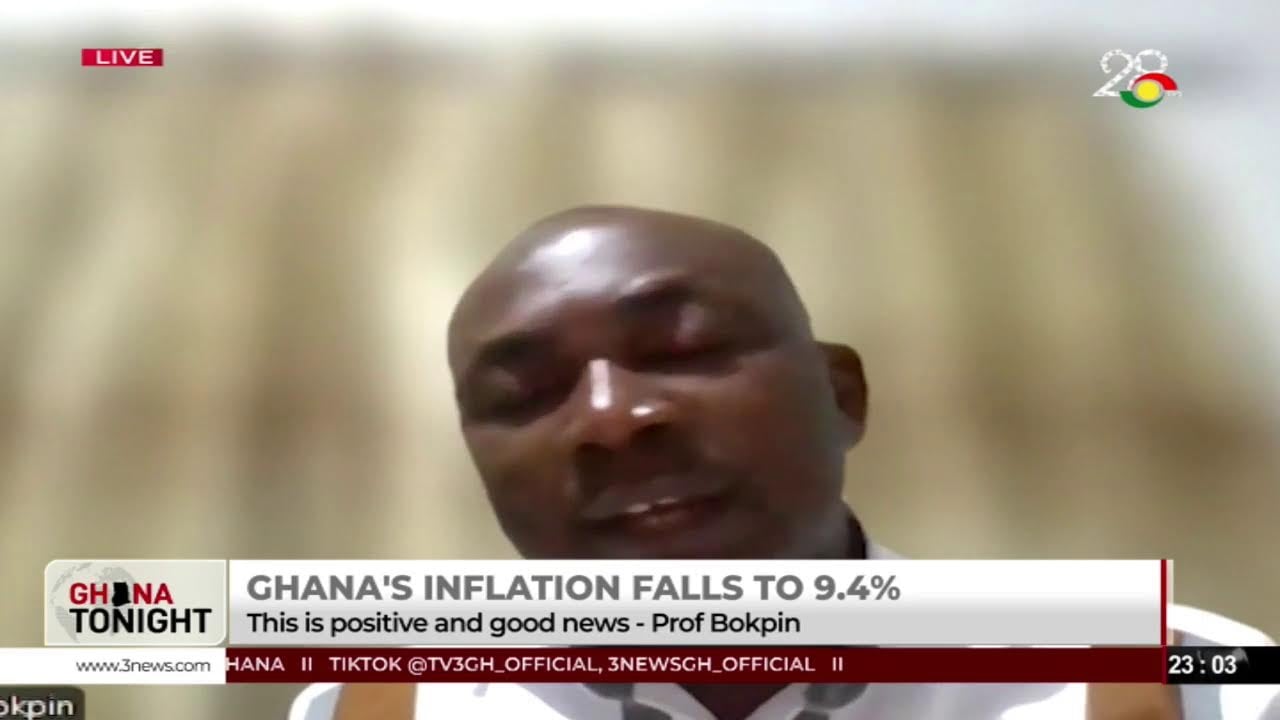
By Kizito CUDJOE
Ghana has renewed efforts to attract foreign investment into its petroleum industry, with a senior government adviser highlighting “bankable opportunities” in a sector that remains central to the country’s growth agenda.
Dr. Yussif Sulemana, Technical Adviser to the Minister of Energy and Green Transition, told prospective investors at the Africa Oil Week (AOW) in Accra that government has assembled a portfolio of oil and gas projects “curated and ready to invest” – supported by policy clarity and reforms aimed at lowering entry barriers.
“The petroleum sector is open, ready and continuously evolving for growth,” Dr. Sulemana said, citing strengthened institutions, improved regulatory frameworks and investor-oriented measures as evidence of what he described as a supportive operating environment.
Since beginning commercial oil production in 2010, Ghana has sought to expand upstream exploration while developing midstream and downstream infrastructure. At the same time, government is pursuing renewable energy projects as part of its transition agenda – anchored on the revised National Energy Transition Framework (NETF) and aligned with the wider economic revitalisation programme.
Officials say the strategy combines opportunities for investors with support for a long-term shift to cleaner energy. Central to this vision is the creation of a reliable energy sector regarded as critical to industrialisation and national development. Energy infrastructure, innovation, green investment and strategic financing are considered the pillars for driving productive sectors and accelerating growth.
With the flagship 24-hour economic initiative’s rollout, government expects these measures to stimulate local industries, create jobs, attract foreign investment and strengthen Ghana’s role as a regional energy supplier.
Dr. Sulemana, in presenting petroleum investment projects, underscored the country’s stable political climate, improving macroeconomic outlook, reform agenda and policy framework. He pointed to regional market access through ECOWAS and the African Continental Free Trade Area (AfCFTA), supporting infrastructure for cross-border trade and regulatory processes managed by the Ministry of Energy, Energy Commission and other agencies.
He further outlined the structure of Ghana’s energy sector to emphasise transparency and investment potential. The power market is unbundled, with generation led by the Volta River Authority, Bui Power Authority and independent producers including Cenpower, AKSA and Early Power. Transmission is handled by Ghana Grid Company (GRIDCo), while distribution is managed by the Electricity Company of Ghana (ECG) and Northern Electricity Distribution Company (NEDCo). Oversight rests with the Public Utilities Regulatory Commission (PURC) and Energy Commission.
In petroleum, upstream operators include the Ghana National Petroleum Corporation (GNPC), ENI, Tullow, Springfield and Base Energy under Petroleum Commission regulation. Midstream operations are dominated by Ghana National Gas Company (GNGC) and overseen by the NPA, Energy Commission and PURC. Downstream activities are anchored by the Tema Oil Refinery (TOR), private oil marketing companies and BIDEC, regulated by the National Petroleum Authority (NPA).
Looking ahead, Dr. Sulemana said Ghana’s transition priorities include scaling up solar, wind and hydro power; boosting efficiency through LED retrofits and smart metering; developing electric mobility corridors and vehicle assembly; expanding LPG access and clean cooking solutions; and piloting carbon capture with digital monitoring tools.
He noted that government is also considering the expansion of downstream gas processing capacity to accommodate output from the TEN and Jubilee fields, either through a new Gas Processing Plant (GPP) or expansion of the existing GNGC facility.
In addition, plans are underway for a City Gate gas facility and distribution pipeline network in the Tema industrial enclave to serve both power and non-power consumers, including GHACEM, GIHOC, Aluworks, TOR and Kasapreko. The project, expected to unlock demand along its route, is being structured as a Public-Private Partnership (PPP) with investor participation sought for implementation.
The post Gov’t seeks to woo upstream petroleum investors appeared first on The Business & Financial Times.
Read Full Story





















Facebook
Twitter
Pinterest
Instagram
Google+
YouTube
LinkedIn
RSS